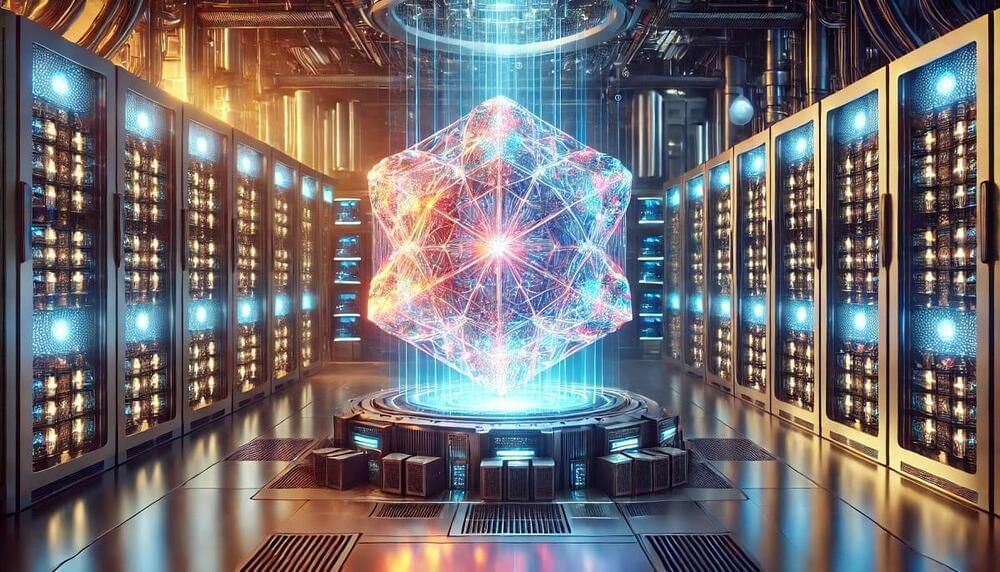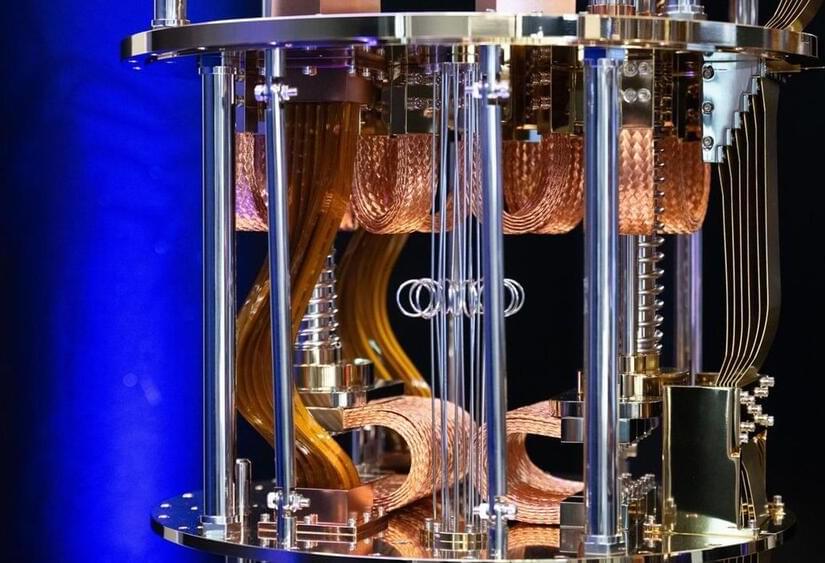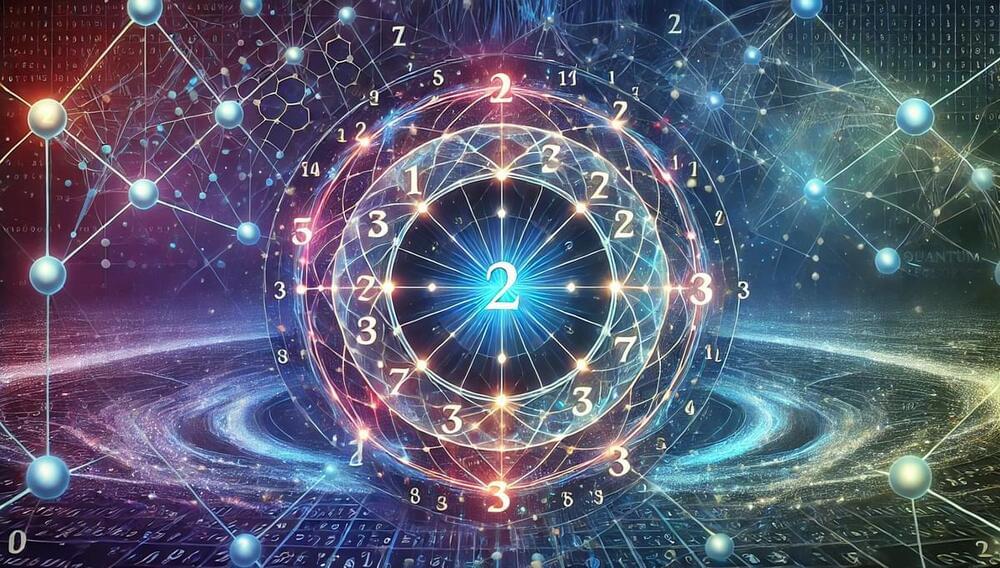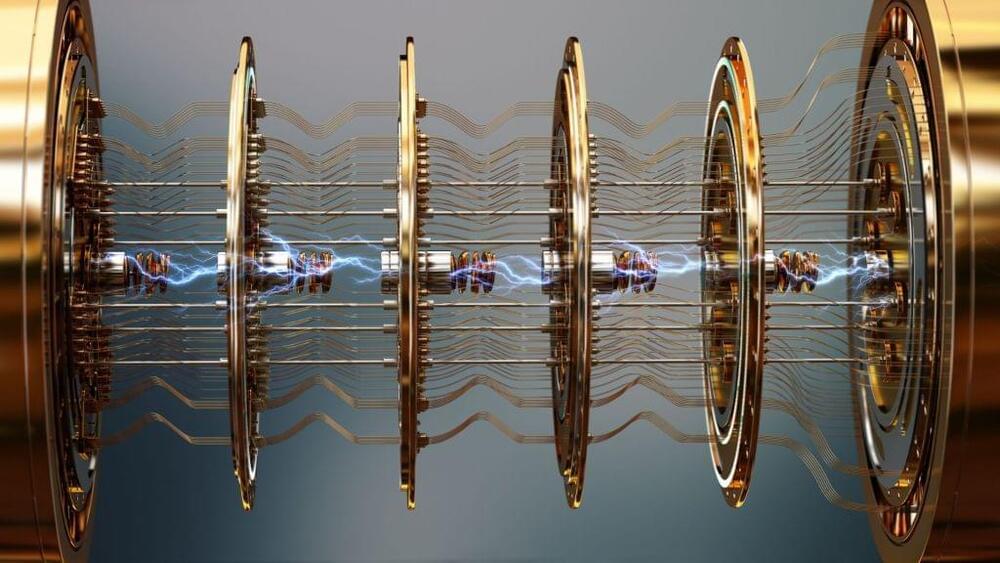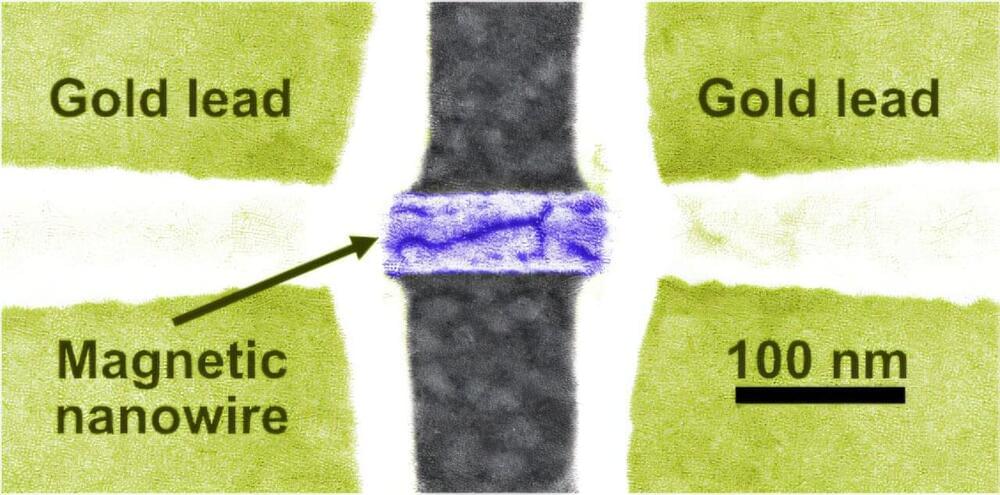Jan 18, 2025
Exploring the Connection Between Time Perception and Quantum Computation
Posted by Alex Vikoulov in categories: computing, quantum physics
In the fascinating intersection of quantum computing and the human experience of time, lies a groundbreaking theory that challenges our conventional narratives: the D-Theory of Time. This theory proposes a revolutionary perspective on time not as fundamental but as an emergent phenomenon arising from the quantum mechanical fabric of the universe.
#TemporalMechanics #DTheory #QuantumComputing #QuantumAI
“In a sense, Nature has been continually computing the ‘next state’ of the Universe for billions of years; all we have to do — and actually all we can do — is ‘hitch a ride’ on this huge ongoing [quantum] computation.” — Tommaso Toffoli
Continue reading “Exploring the Connection Between Time Perception and Quantum Computation” »
